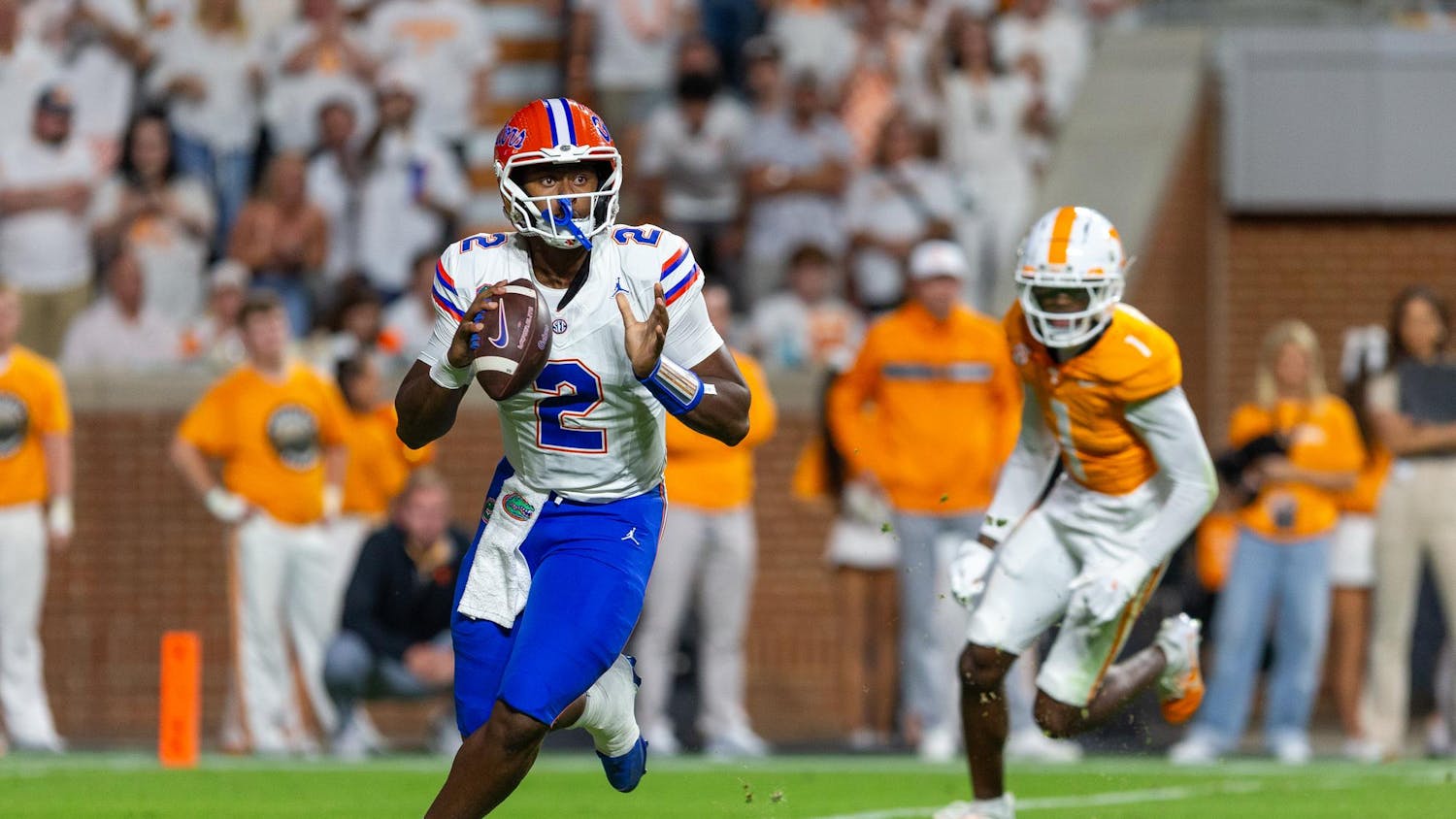The Supreme Court of the United States will make a decision that may affect the rights of inventors and researchers at universities across the nation, including UF.
The Supreme Court decided to hear a case on the specifics of the Patent and Trademark Law Amendments Act of 1980 last Monday. The court will hear Stanford University’s lawsuit against Roche Co. to decide whether federally funded projects are the property of universities. A lower court ruled in favor of Roche, which questioned whether universities have complete ownership of materials produced there.
Karl R. Zawoy, assistant director of engineering at UF’s Office of Technology Licensing, said he does not think there should be a change in licensing rights for universities.
He said Stanford should own the rights to work created with the university. Researchers think they should have full rights to their own work, but they use university resources, he said.
“When it comes down to it,” he said, “licensing through universities is necessary because we have the ability to provide the services and protection professors need in order to complete their work successfully.”
The department’s job is to assist and protect the faculty of the university, Zawoy said. The department is necessary to protect all parties in negotiations.
He said most professors who want to patent things on their own don’t know how to handle the legal side of licensing. The licensing office is available to advise the professors on legal issues when dealing with outside companies.
One of the biggest challenges the office faces is when a company or one of the researchers is under pressure for time because they can overlook the minute legal details that are so important, he said.
Another struggle for the department is when a researchers have impressive new technology, several companies want to invest in their research. The professors are often tempted to try to work with multiple sponsors, which can cause drastic legal problems, he said.
The licensing office can’t tell professors what to publish, what research to do or whom to work with, Zawoy said. The department’s purpose is to maintain a balance between the university and outside companies so one side does not take advantage of the other.
A common example of exploitation that Zawoy has seen is when companies accidentally or intentionally write “reach through” clauses in their contracts with the university. This allows companies to get rights to the researcher’s future or past property, even if it’s not related to the current project.
“That is a worst-case scenario,” he said, “but the licensing office takes it very seriously.”
Zawoy has worked on deals that have taken up to two years to negotiate. Typically this is because companies wanted special rights to a researcher’s technology, he said.
Everything to do with licensing tends to be lengthy, he said. It took seven years to finalize a contract between the Board of Trustees and the university for UF’s official stance on licensing. The subject of intellectual property took up the majority of that time.
Raul A. Chinga, a doctoral student in electrical engineering and research assistant in radio frequency circuits and systems research lab, worked on a project creating wireless chargers through UF. His name is included in the patent.
Chinga thinks that it would be good for researchers to have complete rights over property produced through UF because of the money involved. However, he believes the university should also have rights because student researchers earn their degrees through UF.
He said students on their own would not have the opportunity to use all the equipment that is available through UF. The university also sets up the situation for student researchers to work with a company and get field experience.
“The great thing is that your name will still appear on all patents for projects you work on, so you still get credit,” he said.
Student researchers also get paid for their work. The university takes a big chunk and the rest gets disbursed down the chain of command of people who work in the labs, he said.
Chinga has not had problems with patents or property legalities; his only bad experience was when his lab’s sponsoring company tried to run the lab. He said UF stepped in and set boundaries to protect the student researchers from being overworked.
Many of the student researchers are not aware of the legalities of dealing with patents. He said it’s nice to know UF is involved to back students up so they don’t have to worry about the fine print on everything they sign.
When they become research assistants, students sign contracts that waive their rights to their intellectual property on projects on which they work. Chinga said that is a typical process for almost every company, so it’s not any different from the real world.
He said he appreciates UF because of how much time and money the university spends on securing patents and making sure the researchers are protected.
“Unless you invent something on your own and make your own company and promote it, you shouldn’t have complete rights to it,” he said. “Universities give you more credit than companies do, so it’s better.”





